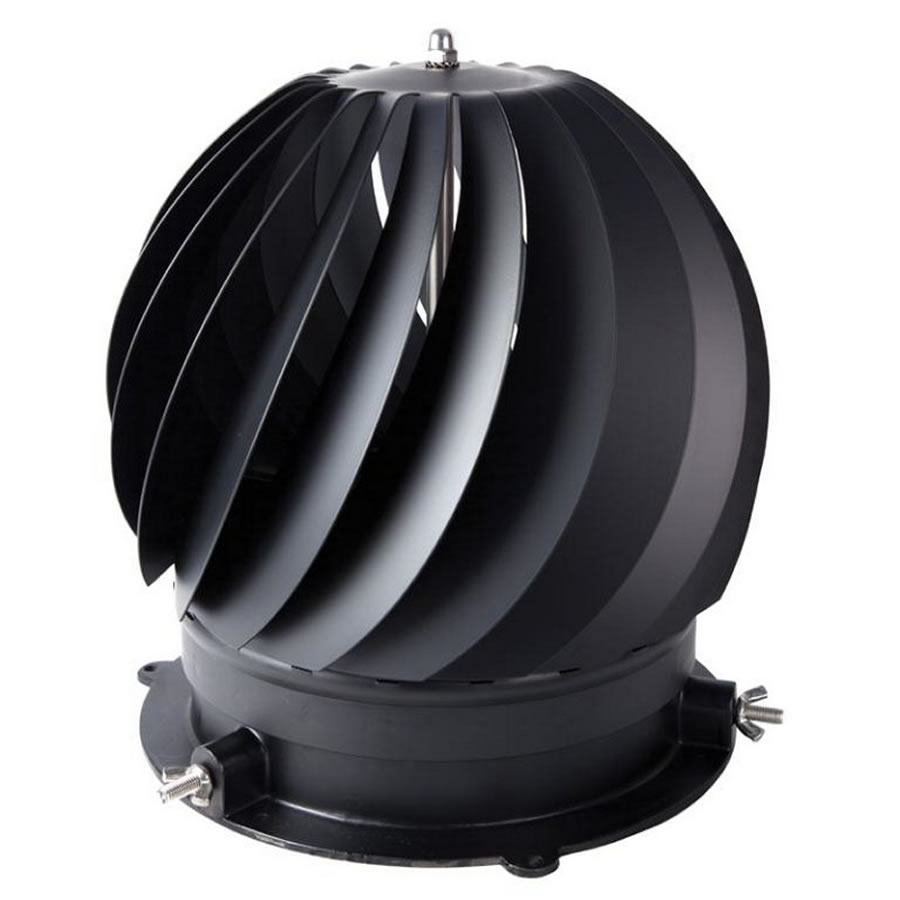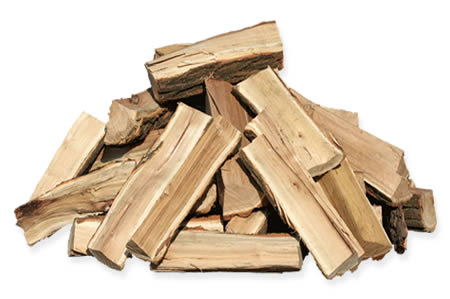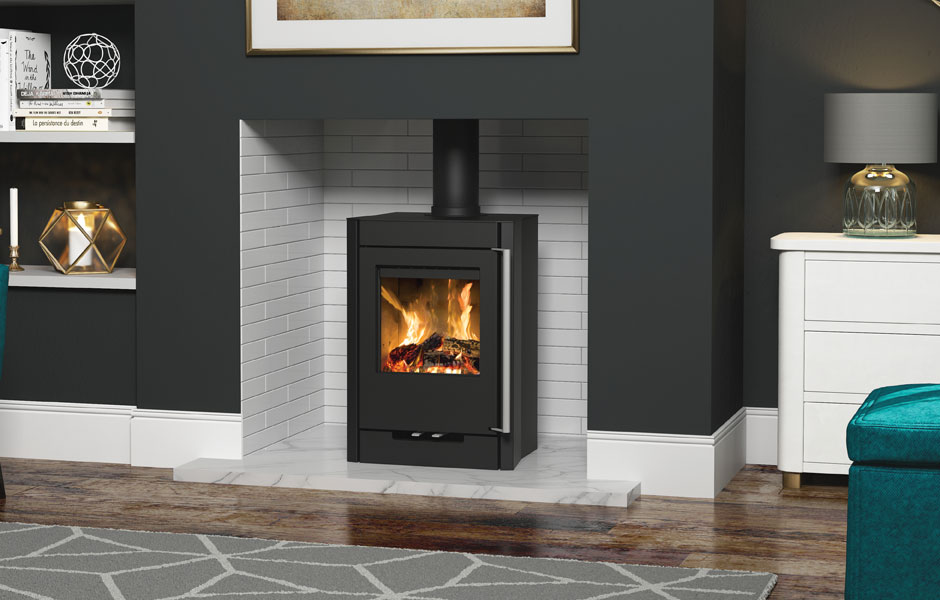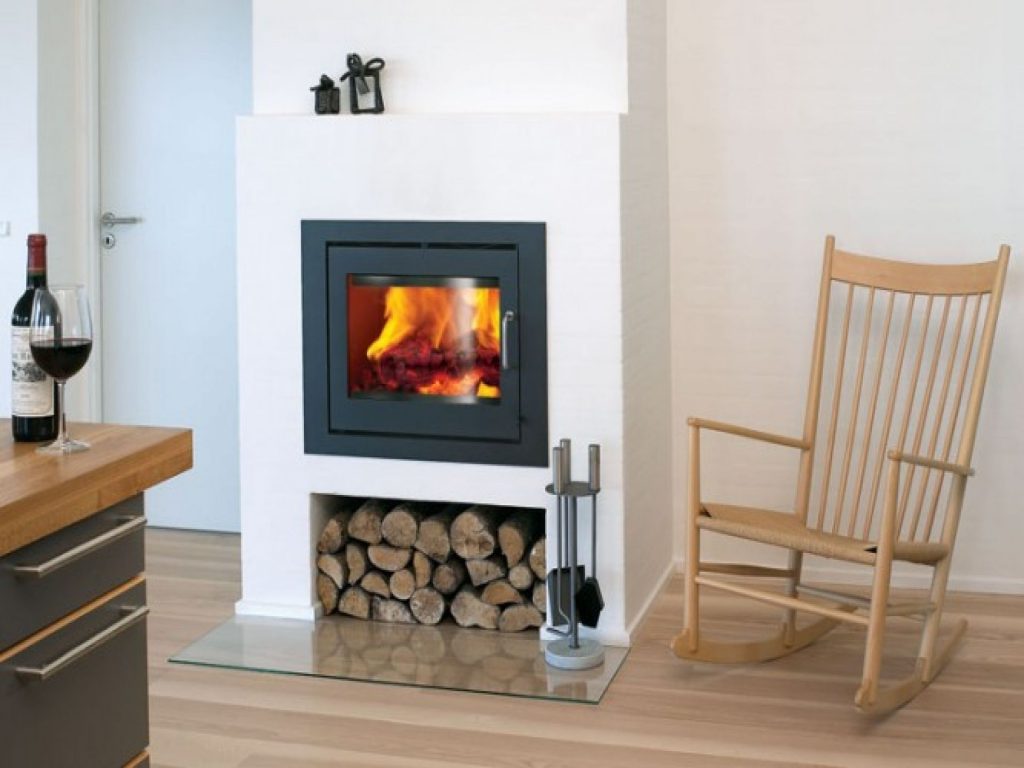Over the years we have seen various stove scrappage schemes discussed and implemented although not always nationwide. There has been particular focus on boiler stoves, where great strides have been made in terms of new technology, but perhaps it is time to look at stoves in general?
New technology versus durability
It is something of a double edged sword when you bear in mind that the vast majority of new and old stoves are built to last. Relatively minor maintenance and the replacement of less durable parts can see a stove last 10 or 20 years. So, unless there is an incentive for those with older, perhaps less efficient, stoves to replace them why would they commit themselves to what can be a significant financial outlay?
Primary, secondary and tertiary combustion
Those who follow the wood-burning and multifuel stove market will be well aware of great advances in technology. We now have many stoves offering net efficiency ratings in excess of 80% and the number of stoves authorised by DEFRA has increased significantly. Technology such has improved primary, secondary and tertiary combustion processes meaning that more fuel, gas and emissions are burnt and burnt again to maximise heat output. This also minimises the emission of excess gases and particles into the atmosphere, something which the UK government is focusing on at the moment.

Two very different markets
The technology associated with the stove industry has improved dramatically over the last decade. Efficiency ratings are now higher than they have ever been, DEFRA approval (while expensive) is growing and the ever increasing cost of electricity and gas has seen many people switch their attention towards stoves and stove boiler systems. In effect we have a split market here, the highly durable although less efficient stoves of 20, 30 and 40 years ago which are still in existence. Then we have modern day stoves which make full use of the latest technology and reduced emissions.
Government sponsored stove scrappage scheme
Various stove related bodies have been calling for a stove scrappage scheme for some time which would effectively see financial assistance for those looking to switch their older less efficient stoves for newer more efficient models. At this moment in time, bearing in mind the government’s ongoing attack on the industry, a stove scrappage scheme would require a significant U-turn in government policy. However, is this fair?
If you cast your mind back to 20 or 30 years ago, there was nowhere near the number of wood-burning and multifuel stoves in the UK as there are today. In many ways governments of years gone by fed the theory that wood-burning and multifuel stoves were more efficient and more environmentally friendly. Quite why they have suddenly turned about-face amid calls for reduced use in towns and cities has surprised some people. However, should we be surprised?

Milking the system
It seems almost inevitable that the UK government will eventually introduce some kind of stove related tax in the name of the “environment”. Initial encouragement and then significant taxation of industries has occurred time and time again over the years. Tobacco cigarettes and electronic cigarettes are just two prominent examples. One of the main issues with raising taxes for “the environment” is a lack of transparency as the tax income stream will no doubt be gobbled up by the ever-growing public services sector. If an environmental tax was refocused back towards assisting the environment then many people would be a little less angry.
Long-term benefits
While recent reports have suggested wood-burning stove emissions have exacerbated the problem of asthma in inner cities, is this not a case of cherry picking the best data to prove a point? Is this information based upon emissions by modern more efficient wood-burning stoves or stoves of yesteryear? As the dark clouds continue to gather over the stove industry, which many believe are politically induced, it is easy to forget that the fuel for a wood-burning stove is replaced on a constant basis. It is also easy to forget that during the traditional life of tree, it will absorb as much carbon as it emits when burnt in a wood-burning stove.

Conclusion
Rather than seek to introduce a blanket ban on the use of wood-burning/multifuel stoves in various areas of the country, often based on outdated emissions data, surely it would make more sense from an economic and an environmental point of view to replace less efficient older stoves with modern day counterparts? This would reinvigorate the stove industry, boost the forestry sector and bring stoves within the reach of more potential customers.

